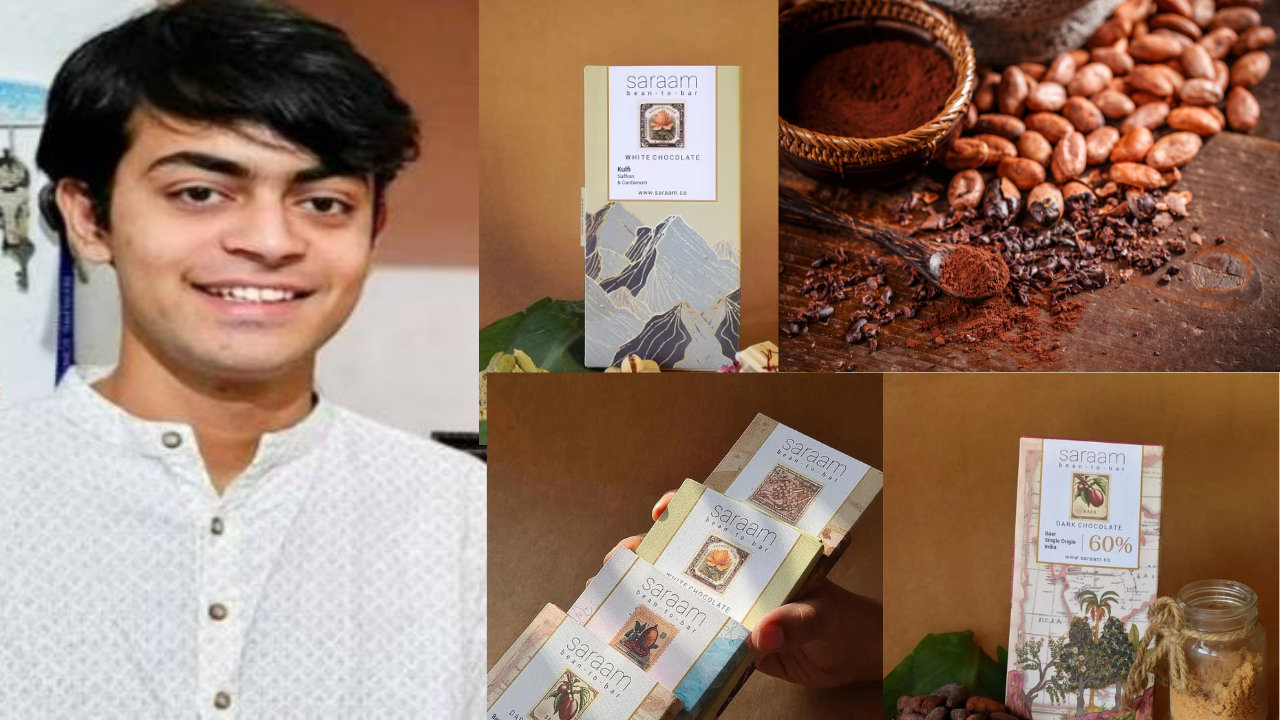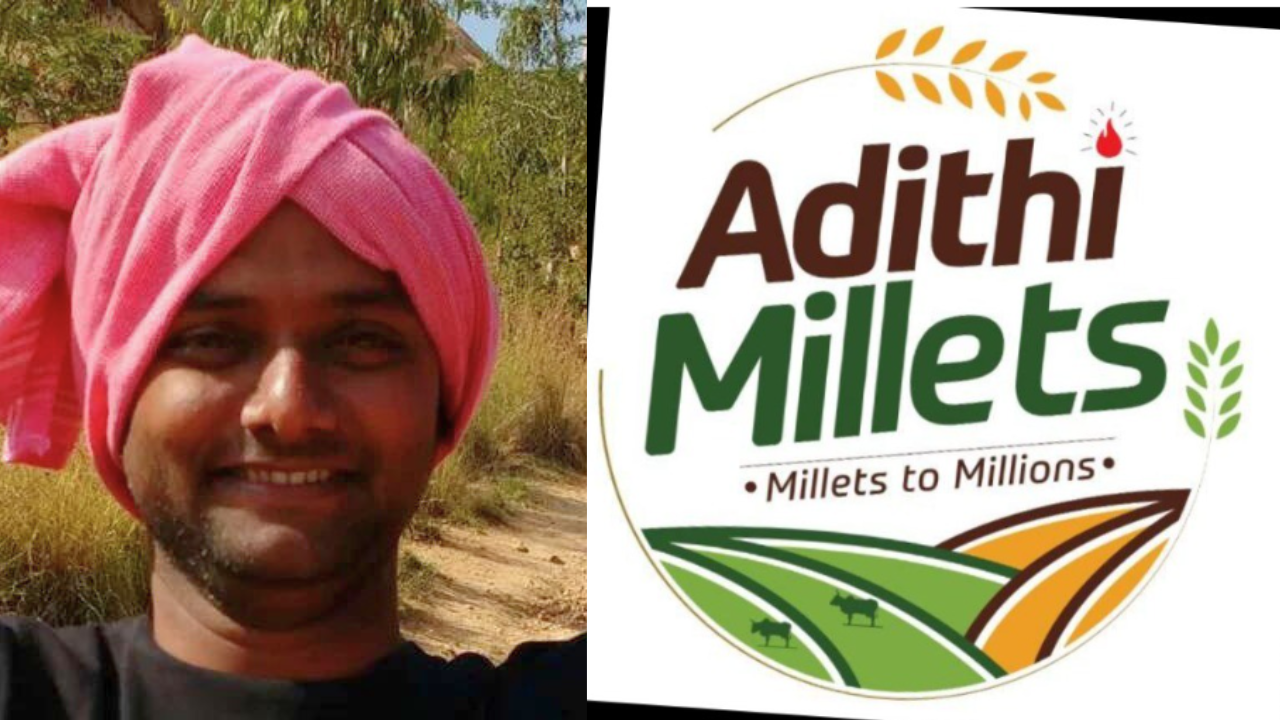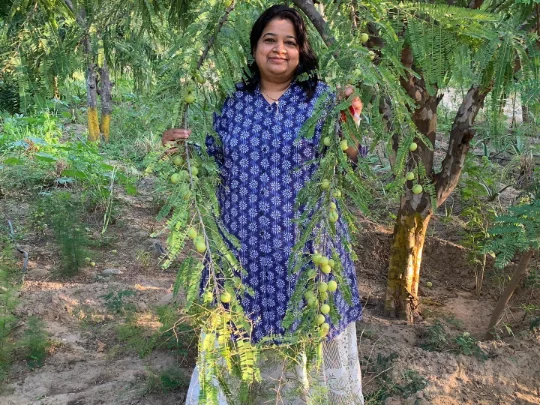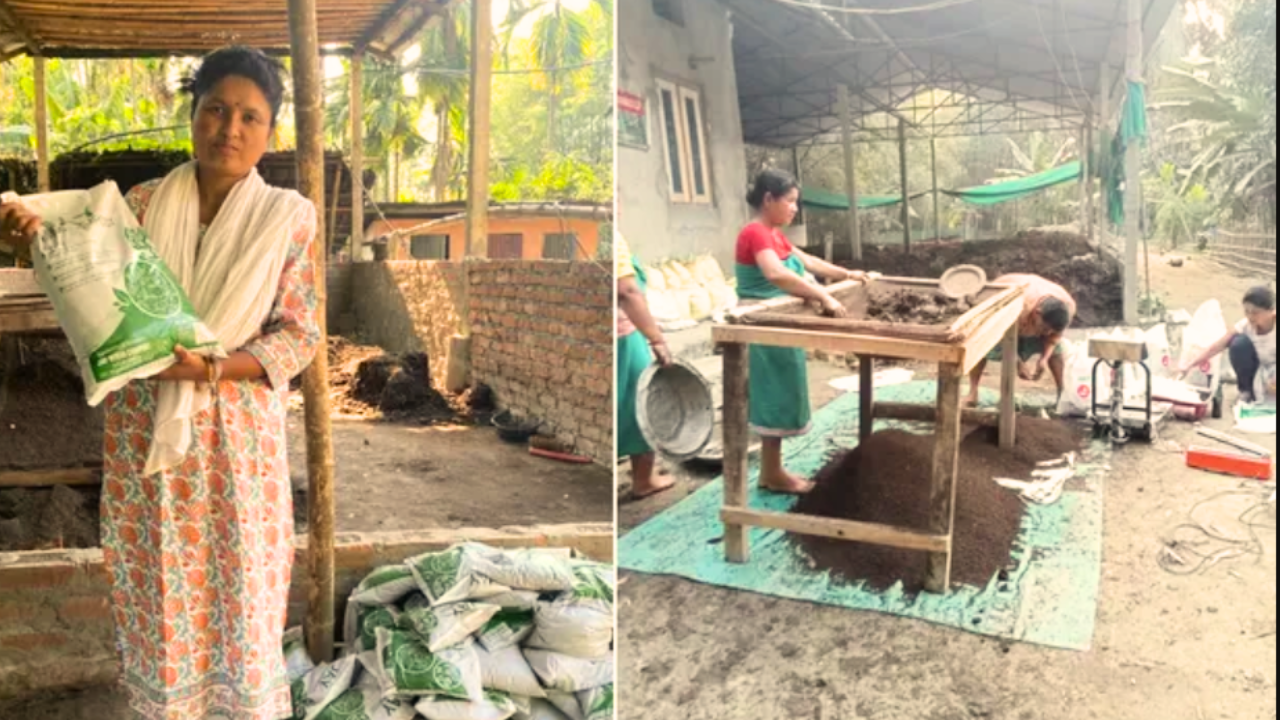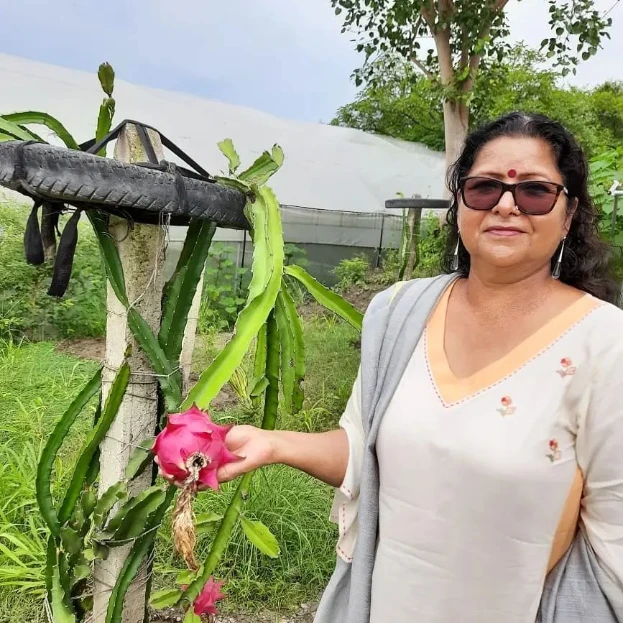“Retirement doesn’t mark the end of life’s journey. Instead, it’s an opportunity to open new doors to our passions,” shares K T Francis, a native of Kozhikode. He retired from his role as a physical education teacher in 2015 and transitioned into a successful farmer.
Coming from a family with a farming background, the 63-year-old Francis always held a strong interest in agriculture. His grandfather settled in Maruthomkara over 120 years ago, acquiring five acres of land to start farming. After his passing, Francis’ father continued the farming legacy.
Even while holding a full-time job, Francis managed to dedicate time to farming. He reflects, “Farming wasn’t just a hobby; it was a lifelong habit I couldn’t part with. From my earliest memories, I worked alongside my father and other laborers on the farm, aiding in tasks and relishing the harvest.”
With the demands of his job, Francis faced challenges in managing the land. He eventually leased it out, but due to mismanaged rubber farming and declining crop values, substantial losses were incurred. To offset his debts, he had to sell two acres of his property.
However, this setback turned out to be a pivotal moment in his life. Instead of dwelling on the loss, he focused on enhancing farming practices on the remaining land. He embraced mixed farming, utilizing the three remaining acres effectively.
“After retiring, my first step was to remove the unprofitable rubber trees. We already had some aged kuttiadi coconut trees known for producing quality coconuts. I expanded their numbers along with planting arecanut, pepper, turmeric, ginger, tapioca, yam, and various vegetables. This diversified approach yielded excellent results, and I started earning substantial income.”
Francis points out that his 250 coconut palms yield around 200 seeds annually. Apart from selling them directly, he processes them into oil and cattle feed. Additionally, he supplies coconut seed nuts for seedling production and grows WCT coconut seedlings. He also provides arecanut and coconut seedlings to Krishi Bhavan and fellow farmers.
Impressed by his farming success, Krishi Bhavan employees encouraged him to establish a nursery selling Kuttiadi coconut tree saplings. Today, Kaithakulath Coconut Nursery exclusively offers this variety, which suits Kerala’s climate. Francis claims that Kaithakulath is the sole government-accredited nursery in Kerala specializing in this coconut type.
Francis emphasizes the significance of proper techniques in coconut farming. He advises creating a two-meter deep hole and a well-prepared bed under the sapling. This bed is filled with agricultural waste like leaves, branches, and coconut husks, contributing to plant health and moisture retention.
Apart from coconuts, arecanut and pepper are the main crops on Francis’ farm. He follows a strategy of planting pepper beneath arecanut trees after about two and a half years. Pepper thrives in the shade provided by the areca trees. Francis highlights the profitability of pepper as a high-value spice, which contributes significantly to his income.
“Because pepper grows within the shade of the arecanut trees, a single round of fertilization benefits both crops. This approach saves money, space, and effort. I cultivate varieties like Mangala, mangala interse cross, mohitnagar, and south kanara arecanuts, along with sreekara, subhakara, IISR thevam, panchami, pournami, and panniyur 6 pepper. I’ve even planted bush pepper plants,” explains the farmer, who managed to harvest eight quintals of pepper the previous year.
Robusta, along with honey and various other offerings
“Robusta bananas are the shining stars among all the different types of bananas,” according to Francis, who is heavily involved in growing this particular variety. “While regular bananas sell for Rs 300 each, robusta bananas can fetch around Rs 1,100. This means I make at least Rs 80,000 in a year from them.”
Francis has taken an extra step on his farm by setting up bee hives to safeguard his coconut trees and gather honey. He packages the honey and sells it to his neighbors and friends in the area. Notably, his home has transformed into a farm fresh store where he offers coconut oil, natural fertilizers, honey, organic vegetables, and fruits.
In addition to all these endeavors, his land is also a home to three cows, goats, ducks, fish, turkeys, and quails. Some of their enclosures are arranged on the rooftop of his house. This way, he utilizes every bit of available space. The meat, milk, and eggs from some of these animals are also sold.
A distinctive aspect of Francis’ farm is his reliance on organic fertilizers. “I make a homemade mixture by adding 10 kg of cow dung, along with 1 kg each of groundnut cake fertilizer, jaggery, and green gram, to 100 liters of water. This mixture accelerates plant growth. I also utilize animal waste. I’ve constructed rainwater pits throughout the farm to ensure a consistent water supply, even during the harshest summer months,” he explains.
The farmer reveals that he earns over Rs 35 lakh per year while incurring expenses of Rs 5-8 lakhs. “Currently, cultivating coconut seedlings is the most profitable aspect,” notes the agricultural entrepreneur.
In 2018, he was recognized with the Kera Kesari Award for his innovative farming practices. He proudly mentions that he has also secured 13 other awards at national, state, and district levels. Additionally, he runs a YouTube channel where he shares farming advice and insights. His son, Sanu Francis, admires his father’s work and aspires to venture into farming within a decade. At present, his role involves observing his father’s techniques and providing technical support. He is pleased that his father serves as an inspiration for many young individuals, including himself.


